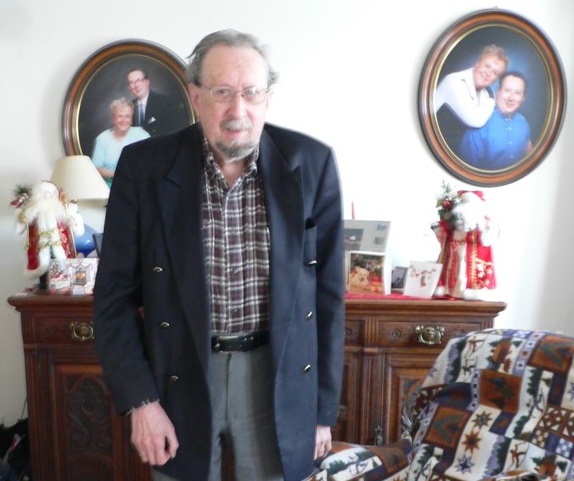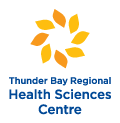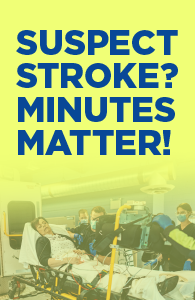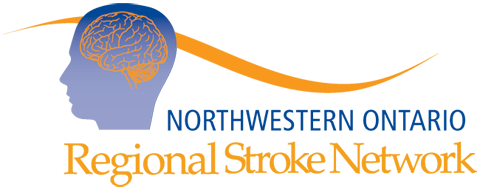Walter’s Stroke Journey

Walter’s Stroke Journey
Thunder Bay Regional Health Sciences Centre admits more than 430 people with stroke and transient ischemic attack each year. Many people suddenly find themselves travelling along an unplanned journey as they recover from stroke. Stroke survivors and their families experience various journeys along the way, and I had the pleasure of interviewing one long time survivor. Capturing his story in print was important to him so he could assist other survivors along their journey.
Walter invited me into his home to learn more about his stroke experience and what keeps him thriving. We had a wonderful conversation that flowed from the onset of stroke through recovery to today with his plans for the future. Walter was teary at times as his stroke was not recent but it felt like yesterday as he walked me through the events that happened in 2006.
Walter is an avid volunteer who dedicates his free time to many organizations. One day Walter was at his computer checking emails and commitments he was to attend, when suddenly his left leg gave out. He was in the basement and his wife, Christine came by. Christine immediately called their cousin recognizing something is wrong. The cousin rushed over to assist – and immediately told Christine to call 911.
Walter was experiencing extreme fatigue, his left side was weak and his speech was slurred. These are signs of stroke and calling 911 is the best option for stroke care. The paramedics arrived, lifted him from the basement to the front door. This is when Walters’ recollection of the events that follow ended; he stated he woke up two days later.
Despite not remembering the events, Walter told me he received tPA – the clot busting drug as the physicians diagnosed him with stroke. He spent some time at the Regional Stroke Unit and was pleased to see his left foot progressively getting stronger by the day. He spent some time on 3North at St. Joseph’s Hospital in in-patient rehabilitation eventually transitioning to the Neurology Day Program as an outpatient.
Walter’s recovery journey doesn’t end there. He continues to this day to be resilient, taking part in activities that assist him in his recovery. He attends exercises regularly at the Canada Games Complex, he continues to teach dancing with his wife and he attends monthly Stroke Recovery Network meetings hosted by March of Dimes Canada. Todd Kennedy, Regional Development Manager from March of Dimes Canada stated “Walter and his wife, Christine have been valuable and supportive participants of our local peer support group for several years. Whether someone attends the Stroke Recovery Network for the first time or has participated for a while, Walter and Christine willingly share their experiences and continue to be great positive resources and support to others. Both Walter and Christine continually participate in all activities the program offers and have been helpful in planning, volunteering and promoting the program within our community.”
Walter stated the road to a good recovery is to “keep going and strive to get better”. Despite his stroke journey continuing to this day, he stated he is “happy to move on and live”.
The opportunity to speak directly to stroke survivors has provided a wealth of information to the system optimization that the Northwestern Ontario Regional Stroke Network continues to strive towards. A recent quality improvement project carried out on the Regional Stroke Unit involved interviewing 70 stroke survivors and their families and asking why they did or did not call 9-1-1 when they recognized stroke symptoms. The data collection is currently being reviewed, yet we know that many survivors like Walter did access 9-1-1 for stroke care. This is a positive for the Northwestern Ontario regions historically our area has been the lowest callers of 911 for stroke care, with many people choosing instead to drive themselves or their family member to the Emergency Department. As a region, we want to promote the important message that calling 9-1-1 for a suspected stroke helps to ensure the best possible outcome, a message that Walter supports.






